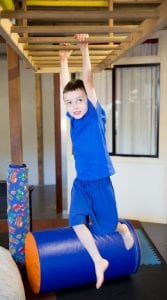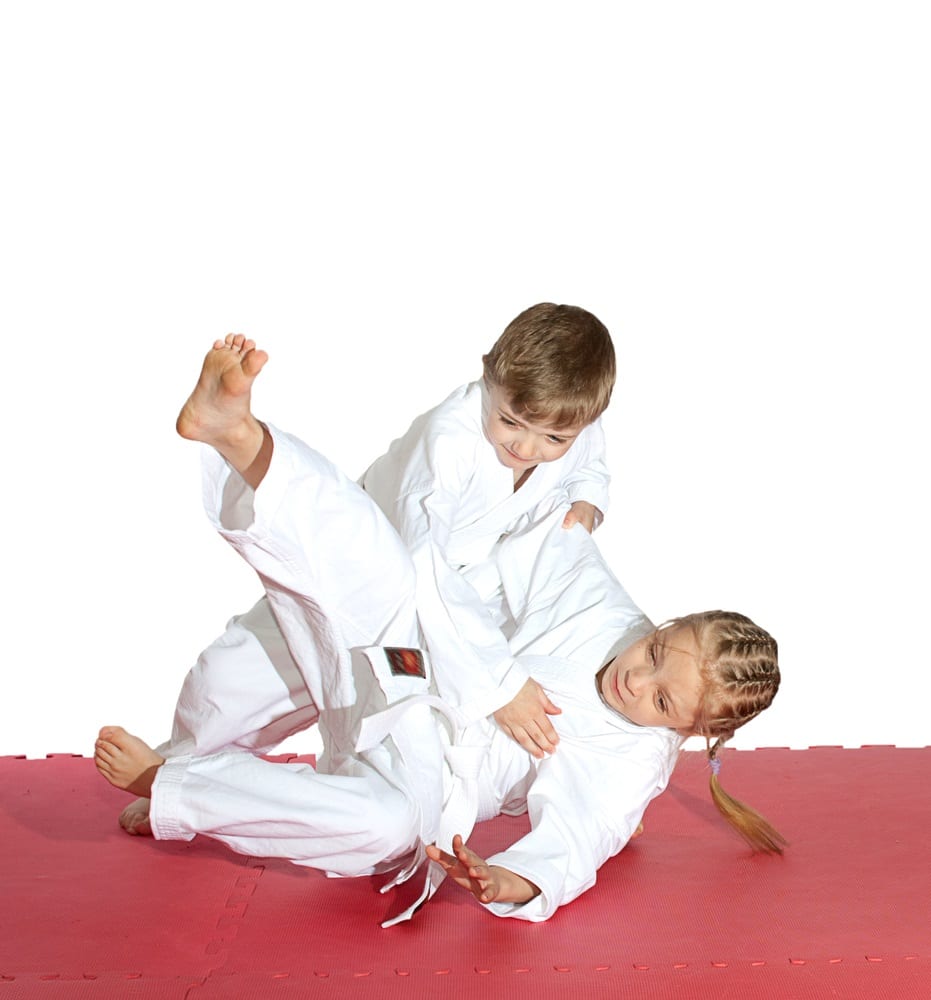How to Choose an Activity for Kids with Special Needs
It is very common nowadays for parents to drive their children to a host of after school activities from martial arts, swimming and gymnastics to art classes, music, dance and drama. These activities are good – in moderation. But what happens if your child has special needs? This article will focus on those kids with sensory processing issues, who find extracurricular activities hard.
Sensory processing issues occur when the interconnectivity of the various senses are out of sync. The information from sight, touch, sound, experience of movement and gravity (vestibular), experience of own body (proprioception), taste, smell and sense of own internal body organs for hunger, tiredness or illness (interoception) can arrive in the processing part of the brain at slightly different times. This can make for a very confusing world and some unpredictable behaviour in our kids. There are many different kinds of sensory problems.
Kids who are Over-sensitive
Some kids are over-sensitive and over-react to sensations. They can appear withdrawn, anxious, cautious, and/ or over-active and explosive at times. Some can dislike noise, crowds and change rooms, get very stressed when balls come towards them, or with light touch as kids brush against them. Some can be really frightened of movement, especially when it’s out of their control (such as unstable playground equipment).
Our aim is to help these children feel safe and able to calmly cope with the barrage of stimulation. The key here is using a supportive, calm and predictable parenting/ teaching style. Avoid forcing a child to participate but rather support your child to engage at his or her own pace.
Sports / activities involving heavy work to the joints and muscles, deep touch to the skin and deep breathing will help the child regulate. Sports that are often helpful are:
- Gymnastics
- Dance
- Rugby League
- Swimming
- Martial arts
- Rock-climbing, rowing and canoeing
- Playing wind instruments
- Art
- Drama
Kids who are Under sensitive or Under responsive to sensation

Some kids are under-sensitive and take a long time to respond. They tend have inefficient vestibular/ proprioceptive processing (about movement, balance and body awareness sense). They can be lethargic and sluggish, preferring sedentary activities. They tend to have low tone, weak core stability, be more clumsy, tire easily, find it hard to sit or stand still, have poor balance and heavy movements. These kids need an engaging, up-beat motivational style to help them wake up and be engaged.
Other kids are sensory seekers and need intense sensations to feel right in their body. They have an incessant drive to move, touch, make noise and taste things. They may have weak core stability. These kids need an upbeat style of interaction that has predictability and a rhythm to help them be more regulated.
The following sports tend to work well for both types:
- Sports with music – gymnastics, rhythmic gymnastics and dancing
- Horse-riding
- Yoga/ pilates
- Martial arts
- Swimming
- Playgrounds – with support including swings and monkey bars
- Using a home gym – trampoline, suspended tyre, lycra hammocks, swings, hammocks, forts, monkey bars and a lot of jump and crash onto big pillows.
- Gardening – lifting, carrying, digging.
- Playing with a big gym ball – lying on tummy and rolling, sitting and bouncing
- Keeping an active lifestyle
Clumsy and Un-coordinated kids
Some kids have poor co-ordination, rhythm and timing. They struggle to move through space, are clumsy and have to mentally work things out before they act. Other kids struggle with feeling their body at all. It is as if they are wearing gloves over their whole body and ear-muffs. These kids need to watch all their movements so they can guide their body in what to do. Both types of kids take a long time with lots of practice to master new skills.
These kids need a relationship and teaching style that is supportive and encouraging. They may need to debrief regularly around how much they hate something (when what they are really saying is that it is hard). Work to facilitate problem-solving and success and make sure this child gets plenty of time out to relax.
Beneficial activities for both these types of kids include:
- Martial arts
- Swimming
- Playground games
- Piano and other music
- Dance/ gymnastics
- Yoga/ pilates
When things go wrong
If your child wants to quit, you need to become a detective and find out why?
- Is the activity really too hard or just perceived too hard?
- Are they a perfectionist and don’t feel good enough?
- Is the activity not meeting their personality style?
- Are their problems with their relationships with peers or a teacher at the sport or activity?
- Does the activity challenge their sensory system too much?
- Are they over-scheduled with too many after school or weekend commitments?
- Do they need some time at home?
Our aim as parents and teachers is to help kids grow, achieve, be successful and rise above their failures. Work with your individual child’s and family needs, make sure you are not doing too many activities and enjoy the process of finding the right fit for your child in their extra-curricular activities.
By Vivienne Williams
Principal Occupational Therapist
Kids Matters OT
This article was published in Issue 7 of our print magazine, December 2014/January 2015.

